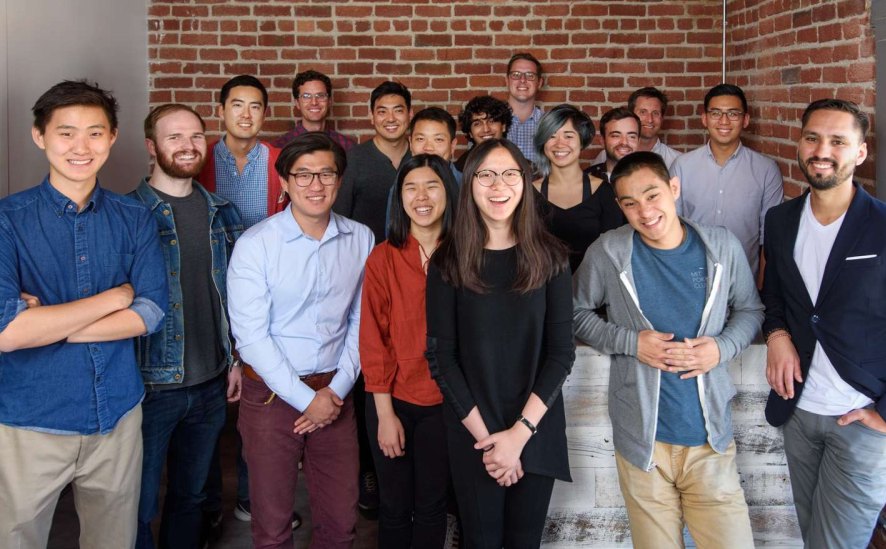Scale AI, a unicorn tech startup worth $13.8 billion, accused of widespread wage theft

Scale AI is a San Francisco unicorn AI startup that provides training data to major AI companies including OpenAI and Meta. In May, we reported on Scale AI after it secured $1 billion in growth funding from Accel, with support from Amazon, Nvidia, and Meta, giving it a valuation of nearly $14 billion. Despite its impressive backers and financial milestones, the startup is now facing serious allegations related to worker treatment and pay practices.
According to a report by San Francisco Gate, Scale AI “was sued Tuesday by a former worker with allegations of widespread wage theft and worker misclassification. The lawsuit was filed by Steve McKinney, a former contractor.
“Scale AI, a buzzy San Francisco startup with high-dollar ties across the tech industry, was sued Tuesday by a former worker with allegations that the company is committing wage theft and misclassifying workers,” San Francisco Gate reported.
The lawsuit, filed in San Francisco Superior Court, seeks class-action status and targets CEO Alexandr Wang, among other executives. McKinney claims he worked on projects sold to Meta and was paid hourly but alleges he faced unpaid labor, lack of overtime pay, and arbitrary project removals.
The complaint paints a troubling picture of Scale’s operations, describing its control over contractors as “Orwellian.” According to the filing, Scale requires contractors to use a monitoring tool that tracks computer activity, including taking periodic screenshots. The lawsuit also claims that contractors are reassigned to different projects with inconsistent pay rates and are penalized financially if tasks take longer than expected. Additionally, it argues that these contractors, known as “Taskers,” should be classified as employees under California’s labor laws.
Sensitive and Distressing Tasks
The lawsuit highlights the emotional toll of the work assigned to contractors. Some tasks reportedly involve responding to prompts about graphic and disturbing content, including examples related to sexual violence, self-harm, and other distressing topics. McKinney’s complaint includes an instance where he dealt with prompts tied to suicidal ideation.
This issue isn’t new to the AI industry. Similar stories have surfaced about workers for other companies, such as Scale competitor Sama, who have been exposed to deeply troubling content while receiving minimal pay. The lawsuit contends that this type of work can lead to trauma, with one of McKinney’s lawyers, Glenn Danas, calling for accountability to prevent further exploitation.
Scale AI’s Response
A spokesperson for Scale, Channick, defended the company, emphasizing that contractors receive flexible opportunities for supplemental income and stating that many are well-educated. He noted that tens of thousands of people globally have contributed to Scale’s generative AI division, earning significant amounts collectively. Channick also said that contractors are removed only if they violate the terms of use or community guidelines.
In response to the allegations about sensitive content, Scale claims it provides advance notice, allows workers to opt-out, and offers access to wellness programs.
“We do not comment on litigation but are committed to ensuring we are in full compliance with all applicable laws and regulations,” Scale spokesperson Tom Channick told SFGATE.
The Bigger Picture
Since its inception eight years ago, Scale AI has grown to over 900 employees and surpassed the unicorn milestone, raising over $1.35 billion in funding to date. The company’s contractors have been involved in projects ranging from generative AI training to marking up images for self-driving car companies like Cruise and Waymo, helping vehicles better understand their environments.
The lawsuit seeks restitution, punitive damages, and reclassification of workers, raising broader questions about labor practices in the booming AI sector. With technology advancing at a breakneck pace, the treatment of those who build the foundations of these systems is coming under increasing scrutiny. Whether Scale AI will face significant repercussions remains to be seen, but the lawsuit adds to a growing debate about fairness and accountability in the industry.
Headquartered in San Francisco, Scale AI offers a platform for training data essential for AI model development. Its flagship product, the Scale Generative AI Data Engine, enables customers to define their data requirements through a user-friendly interface. A combination of human expertise and automated quality assurance mechanisms ensures the delivery of high-quality data sets.
In addition, Scale AI’s platform extends beyond data labeling. It includes functionalities for evaluating AI model accuracy, identifying cybersecurity vulnerabilities, and assisting autonomous vehicle developers in refining their training datasets.
Despite a workforce reduction of 20% in January, Scale AI appears to be poised for substantial growth once again. The company cited a changing macro environment but seems to be bouncing back with robust revenue growth, as evidenced by its anticipated $13 billion valuation.
Founded in 2016 by CEO Alexandr Wang and Lucy Guo, Scale AI has cemented its reputation as a pivotal player in the AI landscape, focusing on the critical aspect of training data provision for AI applications. Wang’s entrepreneurial journey, which began at the age of 19 while he was a student at MIT, has propelled him to the ranks of the youngest self-made billionaires globally.




